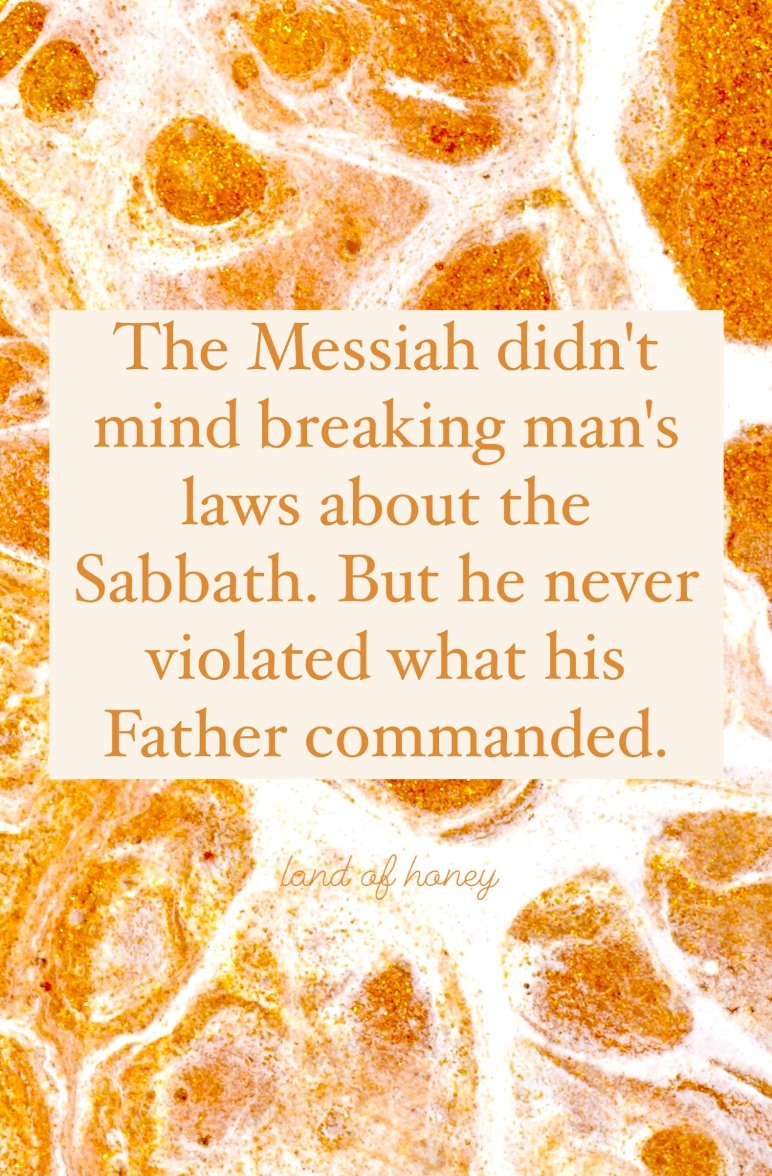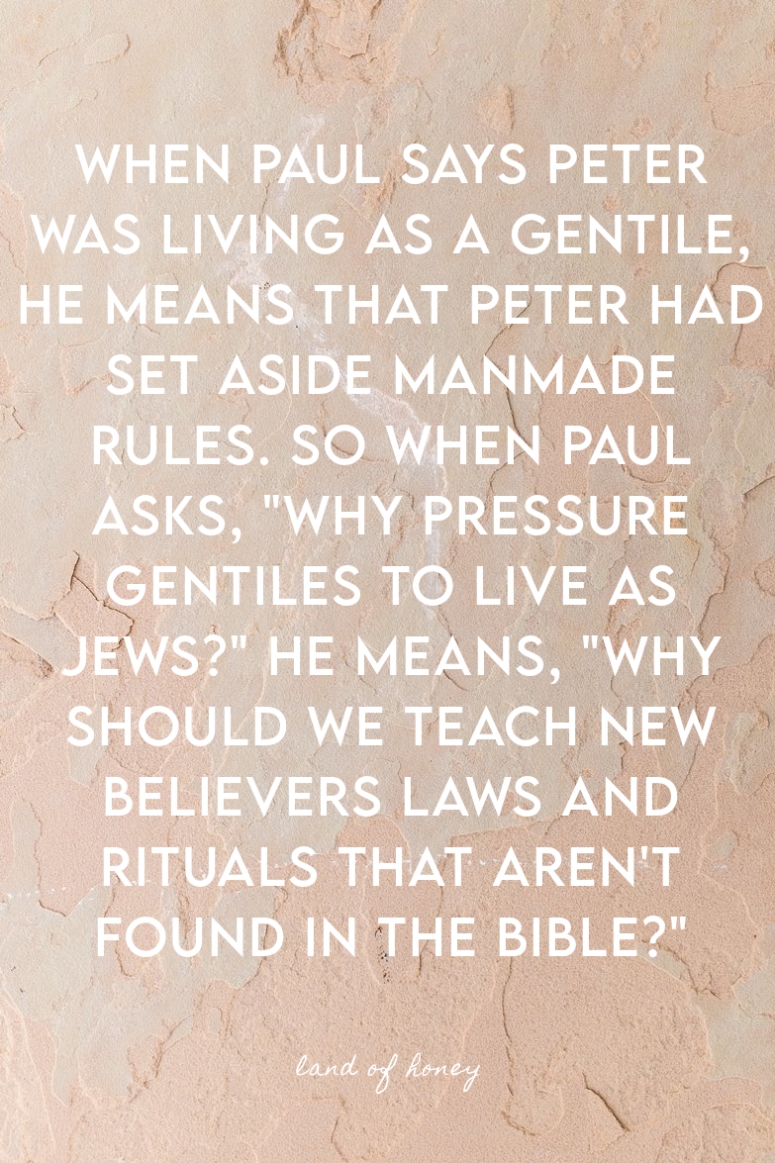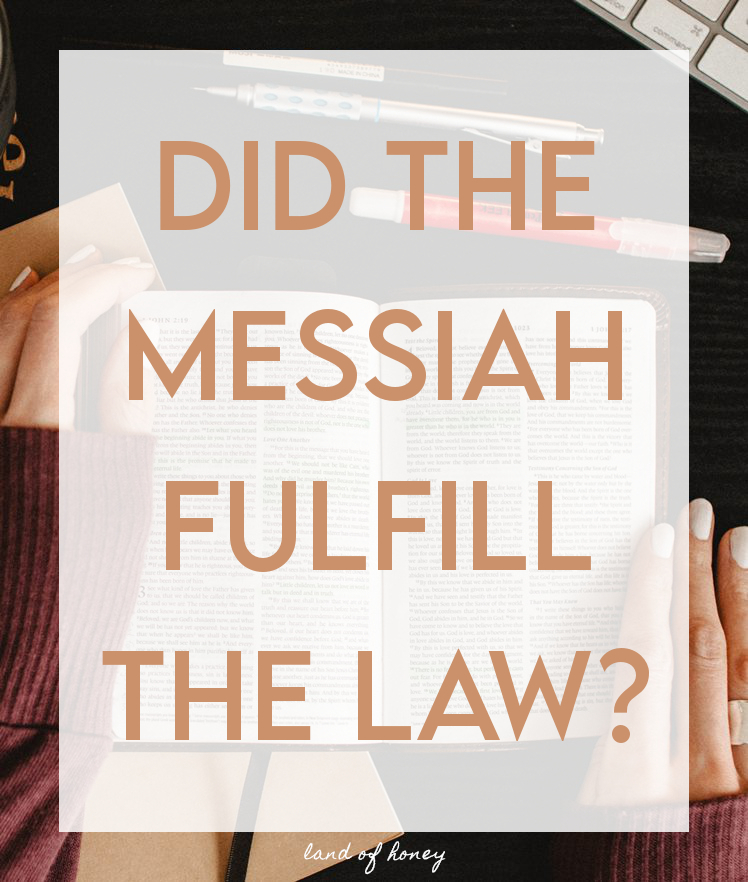This post is going to focus on what was happening during the famous Mars Hill discussion of Acts 17 where Paul talked about an unknown God. While many believe that this was just a friendly theological/philosophical discussion, where Paul cleverly draws on local customs to make analogies to the God of Israel, this post is going to show that Paul was actually on trial, making a legal defense for the religion he was sharing.
It's worth reading the whole chapter, but the part we are going to focus on is:
A group of Epicurean and Stoic philosophers began to debate with him. Some of them asked, "What is this nonsense?" Others remarked, "He seems to be advocating foreign gods." They said this because Paul was preaching the good news about Jesus and the resurrection. Then they took him and brought him to a meeting of the Areopagus, where they said to him, "May we know what this new teaching is that you are presenting?" You are bringing some strange ideas to us, and we would like to know what they mean." (Athenians spend their time talking about and listening to the latest ideas.)
Paul stood up in the meeting of the Areopagus and said, "People of Athens! I see that in every way you are very religious. For as I walked around and looked carefully at your objects of worship, I even found an altar with this inscription: to an unknown god. So you are ignorant of the very thing you worship - and this is what I am going to proclaim to you.
"The God who made the world and everything in it is the Lord of heaven and earth and does not live in temples built by human hands. And he is not served by human hands, as if he needed anything. Rather, he himself gives everyone life and breath and everything else. From one man he made all the nations, that they should inhabit the whole earth; and he marked their appointed times in history and the boundaries of their lands. God did this so that they would seek him and perhaps reach out for him and find him, though he is not far from any of us. 'For in him we live and move and have our being.' As some of your own poets have said, 'We are his offspring.'" -Acts 17:18-28
Many pastors have given the impression that the Areopagus (often translated as Mars Hill) was some sort of hangout for local would-be philosophers, where people have friendly discussions about differing religious, political, and societal issues. I actually remember hearing a Bible college professor describe it like the Parisian cafes of the Lost Generation, where authors and artists drank coffee and debated and discussed the latest ideas of the time. As someone with a brand new idea, Paul would have been welcomed and celebrated, and Paul is cleverly emphasizing local cultural customs as a stepping stone to help the Athenians understand his message.
But that's not what is going on at Mars Hill. This is a law court, and not an inconsequential one. The Areopagus was the highest court in Athens. Paul is under trial.
We can see that Paul is under trial because:
-The Areopagus is a judicial court. It is not a hangout place or debate club.
-When Paul was "taken" to the Areopagus, the Greek word used means seized or arrested.
But what was the legal issue that Paul was charged with?
"He seems to be advocating foreign gods." -Acts 17:18
Much of the book of Acts deals with the legal adventures and implications the apostles went through when they spread the message of the Messiah across the world. Keep in mind that according to the social order of the day, appeasing the local deities was thought to bring protection from enemies, natural disasters, crop loss, an so on. Worshipping the local gods was seen as a civic duty. Even though cities and empires paid tribute to multiple gods and goddesses (in Athens - Zeus, Poseidon, Athena, Ares, and Nike for starters), throwing a new god into the mix was not something that was done. Actions like that were seen as political upheaval and even revolution. This literally undermined the social order of the day.
The punishment for such a charge wasn't light either. We know from historic evidence that the Areopagus tried capital cases, and that death sentences were handed out and followed through on. In 399 BC the philosopher Socrates was tried there for impiety - the crime of failing to worship the gods of Athens - and was sentenced to death for it on his conviction.
So when officials ask, "What teaching are you talking about?" they are not making polite conversation over coffee. This has legal implications that Paul needs to defend.
How does Paul defend himself on the charge of introducing foreign divinities?
He points out that they have an altar to an unknown god.
Paul is saying that he can't be introducing foreign gods because the true Living God was already being worshipped in Athens - although it was in ignorance. Since there was a shrine in the city, this God could not be foreign. Indeed the poets of Athens had glimpsed him! This was not a man from a far country trying to import a Middle Eastern deity to Greece.
Unknown, yes. But foreign, no. The Athenians needed to learn about this God - and Paul was there to help.
Paul believed that YHWH was already present in Athens, but needed proper recognition.
It's worth noting that Luke (the author of Acts) does not seem to believe that Paul is just trying to be friendly by demonstrating his appreciation for the local culture. This idea is dismissed almost immediately by Paul's next statement.
"The God who made the world and everything in it is the Lord of heaven and earth and does not live in temples built by human hands."
This is a verse that we read like a pretty piece of poetry. But let's rewind and remember that Paul is standing in the Court of Areopagus in ancient Athens. He and his listeners can see, right then and there, the Parthenon, Nike's temple and likely other temples of the Acropolis. Not only are these temples visible - and truly stunning pieces of architectural achievement and beauty - but most everything about Athenian society was structured around serving these gods and goddesses. And that's where Paul chooses to say, "God does not live in handmade temples"!
Paul is stating quite plainly that these architectural triumphs are a mistake. You can see how his audience would have been affronted by him declaring that the Athenian way of doing things was misguided at best. So it's hard to see his comments about your own poets, and so forth as an appeal to local sensibilities. Paul is not going easy here.
But what is Paul doing? He's making a case that even within this system, it is legal to worship this unknown God.
Paul is saying that it is legal to worship YHWH.
He's not just doing this to protect his own life or the lives of his travel companions. He is pleading this case, so that the residents of Athens know they are free to turn from the idols of their city and worship YHWH!
What happened on Mars Hill was more than just a lively discussion about religion. The cities leaders were trying Paul to make sure that he was abiding by their laws. By making his case in the Areopagus court, Paul set a legal precedent for citizens of Athens to worship YHWH.
If you're interested in learning more about this I would recommend NT Wright's book The Challenge of Acts.
Related posts:
What No Greater Burdens Means in Acts 15
The Jerusalem Council in Acts 15:19-20
What Does Grafted In Mean in Romans 11?
.JPG)
.JPG)
.JPG)
.JPG)



.JPG)
.JPG)

















.jpg)










